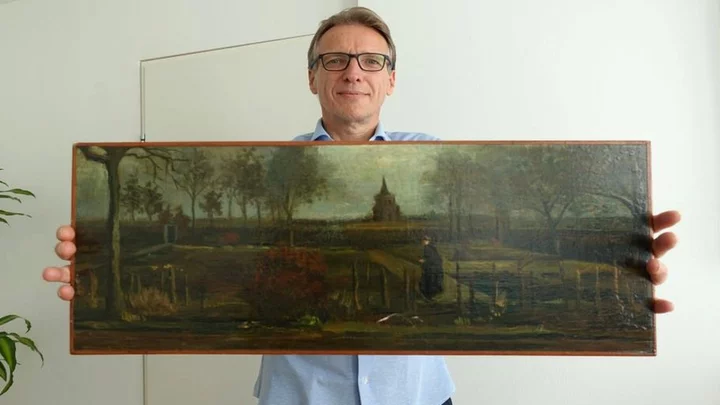
Stolen Van Gogh handed to Dutch art sleuth in Ikea bag
Arthur Brand met an unnamed man under a tree during a mysterious, years-long quest to find the work.
2023-09-12 19:27
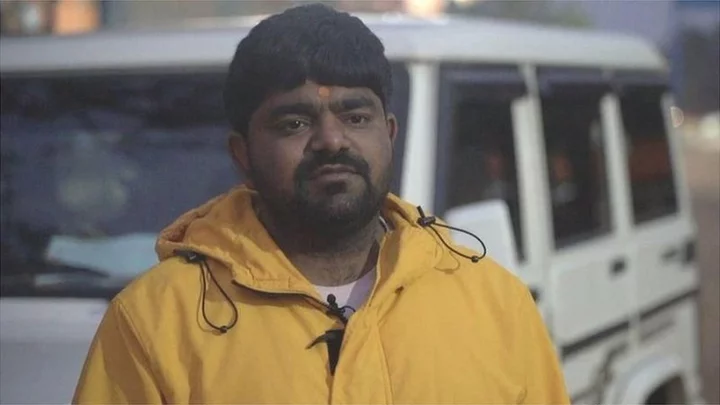
Monu Manesar: Cow vigilante wanted for Nuh violence arrested from Haryana
Police allege Monu Manesar instigated deadly religious violence in Haryana state. He denies the charges.
2023-09-12 18:57

Paul Simon 'beginning to accept' hearing loss
The US singer-songwriter says his new disability has changed the way he lives and works.
2023-09-12 18:19
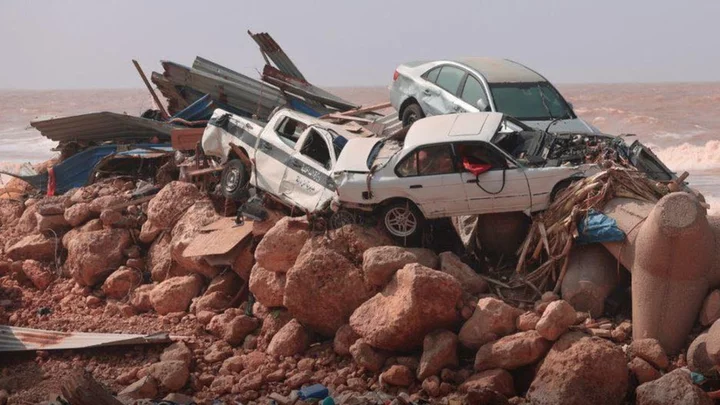
Libyan floods: Derna city alone recovers 1,000 bodies - minister
Much of Derna is under water after two dams and four bridges collapsed in flooding after Storm Daniel.
2023-09-12 17:56
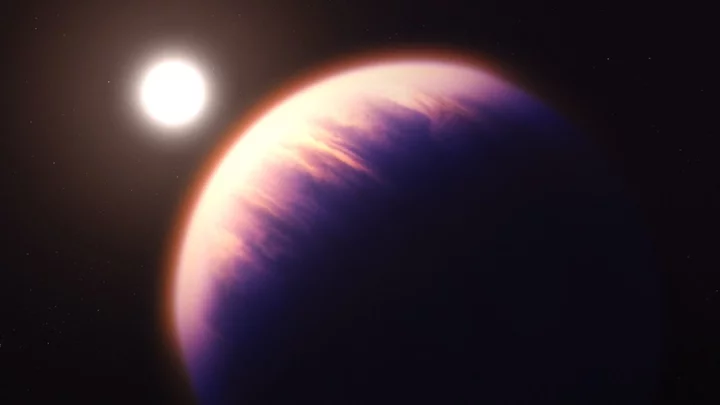
Scientists discover huge exoplanet 120 light years from Earth that ‘could contain signs of life’
An exoplanet more than eight times the size of Earth and potentially habitable has been discovered by scientists. Exoplanet K2-18 b was detected by NASA’s James Webb Space Telescope and piqued scientists’ interest after data suggested it may be covered in an ocean and have a hydrogen-rich atmosphere that could support life. Scientists are also encouraged by a hint of the detection of the molecule dimethyl sulphide (DMS). On Earth, DMS is only produced by microbial life, but the team has yet to confirm the detection and search for evidence of biological activity. The groundbreaking discovery of K2-18 b may see the exoplanet come under the unique classification of a “Hycean” planet – ones which are candidates for life thanks to their hydrogen-rich atmospheres and water cover. The amount of methane and carbon dioxide combined with the shortage of ammonia suggests there may be a water ocean underneath a hydrogen-rich atmosphere in K2-18 b. K2-18 b lies within the constellation of Leo and orbits a dwarf star called K2-18. It lies around 120 light years away from Earth and is within the habitable zone. However, scientists added that this does not necessarily mean it can support life. Nikku Madhusudhan, an astronomer at the University of Cambridge and lead author of the paper, explained: “Our findings underscore the importance of considering diverse habitable environments in the search for life elsewhere. “Traditionally, the search for life on exoplanets has focused primarily on smaller rocky planets, but the larger Hycean worlds are significantly more conducive to atmospheric observations.” Sign up to our free Indy100 weekly newsletter Have your say in our news democracy. Click the upvote icon at the top of the page to help raise this article through the indy100 rankings.
2023-09-12 17:29
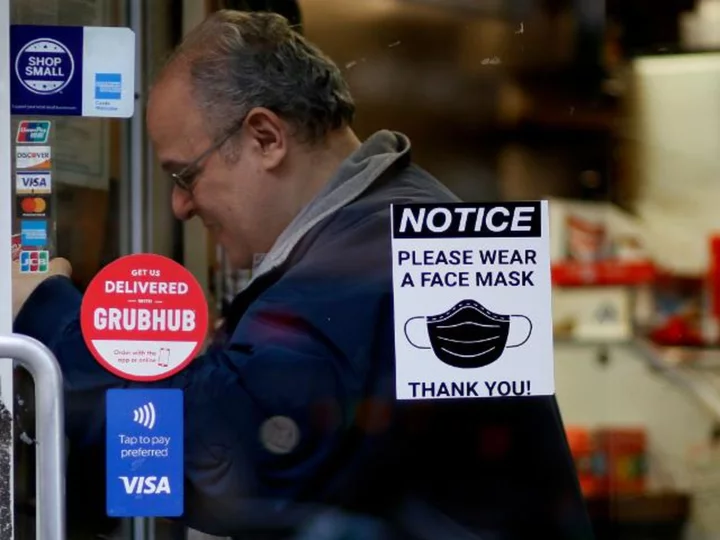
2024 GOP contenders clash over Covid-19 records as they warn against future mandates
Amid an uptick in coronavirus cases, Republican presidential candidates are taking aim at limited, local returns to masking requirements -- using those moves as an opening to warn against broader restrictions.
2023-09-12 17:23

Aerosmith postpone six farewell tour shows due to Steven Tyler's vocal cord damage
Singer Steven Tyler says he is "heartbroken" to push back six shows after "doctor's orders".
2023-09-12 16:59

G20: China says Delhi declaration sent a positive signal
Beijing said the statement showed that the G20 was working together to tackle global challenges.
2023-09-12 14:17
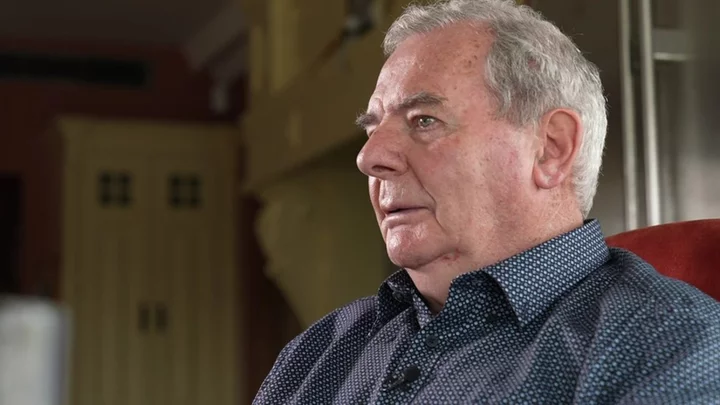
Seán Quinn: Even my family doubted me over Lunny attack involvement
Ex-billionaire says suggestions he had role in executive's abduction are "character assassination".
2023-09-12 13:52
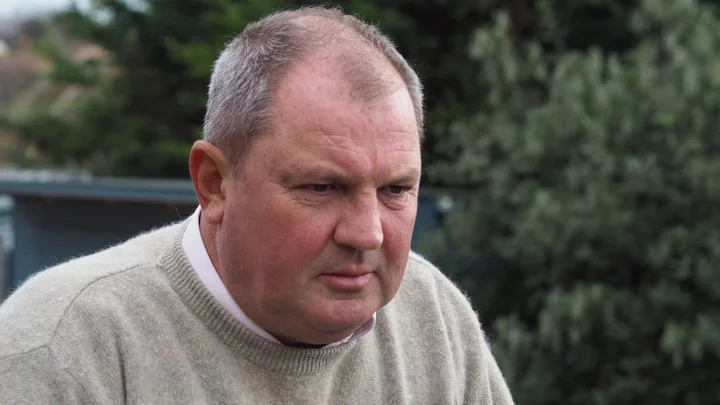
Gulf War 'human shield' hostages set to take legal action
Hostages who were used as "human shields" say they should never have been allowed to land in Kuwait.
2023-09-12 13:49
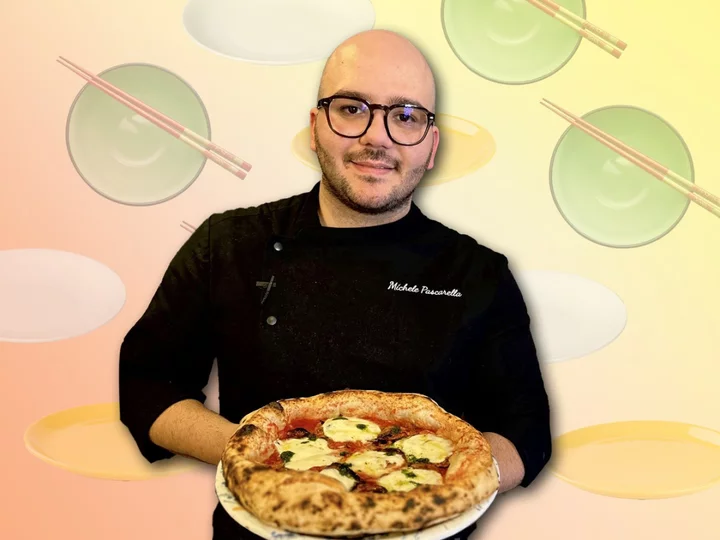
The dish that defines me: Michele Pascarella’s Neapolitan ragu
Defining Dishes is an IndyEats column that explores the significance of food at key moments in our lives. From recipes that have been passed down for generations, to flavours that hold a special place in our hearts, food shapes every part of our lives in ways we might not have ever imagined. I was very young when I started working in a local pizzeria in Caserta, the city near Naples where I grew up. I was 11 years old when I started working there, and stayed on for about eight years before moving to London to start my own business. But during my teenage years, one of the best memories I have is waking up to the smell of my mother’s ragu on Sundays. Neapolitan ragu is a specialty in the region, and we are very proud of it. It’s one of the two most famous varieties of ragu, the other being ragu bolognese, and uses whole chunks of beef and pork rather than ground meat. It must be cooked for a long time over a low heat, for at least eight hours, preferably 10 hours. My mother would get up at 5am to start making hers and it would continue to simmer slowly until the family is ready to eat in the afternoon. Sundays are special because it’s a time for the whole family, including our extended family, to come together and eat at the same table. My family comprised of my parents, my three siblings and myself, and we would usually be joined by my grandparents, aunts, uncles, cousins. We usually had anywhere between 15 to 20 people gathering on Sunday afternoons. It didn’t matter what commitments you had – on Sunday, you have to sit at the table with family. It’s the most important day of the week for us. The ragu is the dish that, for me, brings everything together: passion, love, happiness and strong ties with family. Because I worked late shifts often, I would wake up really late on Sundays, around 11am or 12pm. So by the time I wake up, the beautiful aroma of the ragu that has been cooking since 5am will have filled the whole house. I would wake up so hungry. My breakfast on these days would simply be a hunk of bread, torn and dipped straight into the still-simmering sauce, with some parmigiano reggiano sprinkled on top to help cool it down. Every family has their own way of eating ragu. You can dip bread in it, like I did for breakfast, but it is most commonly eaten with pasta. Some people have it with gnocchi while others might use a short pasta or spaghetti. But it does have to be a robust pasta shape, you can’t have ragu with a really small pasta, or it won’t stand up to the sauce. No one makes ragu like my mother’s. I could go to any restaurant, even those with Michelin stars, and it wouldn’t come anywhere close to hers. I strongly believe her secret ingredient is just her love for cooking for her children, as the dish needs that passion to make it taste so good. I never woke up at 5am to try and make it with her, it was so hard when I was a teenager! But when I did start to learn how to make it, it was very difficult to get up that early. I don’t know how she did it for so many years. In my restaurant, Napoli on the Road, I make a pizza with the slow-cooked ragu as a topping, along with a parmigiano reggiano cream. I call it Ricordi D’infanzia, which translates to “childhood memories” because it holds such strong nostalgia for me. But I still can’t make it like my mother does. When I go home to Caserta to see my family, I do try to wake up at 5am to make it with her. I’m less stressed about work when I’m there so I can usually do it, but when I’m back in London it’s hard to get up at that hour when you finish at midnight at the restaurant. Like most mothers who pass down their recipes, there are no accurate measurements to my mother’s ragu. Sometimes they put some sort of secret ingredient inside and won’t tell you. But I have learnt that you need to be flexible about it, depending on what ingredients are available to you. For example, maybe the tomatoes you buy from the market are too acidic. My mother fixes this by putting a whole potato in the sauce, because its starchiness will help to remove the acidity from the tomatoes. Or, she might add sugar to the sauce to mellow it out. It can be tricky to get it right, so I can only try my best to do better than my mother, but it is hard. I think I will be 80 or 90 years old before I perfect my own version! I’ve lived in London for almost 20 years, but I still miss those Sunday afternoons spent with my family at my uncle’s or grandfather’s house. In London, things are very fast-paced and rushed, you don’t really have time to sit down with people. I try to go back every couple of months, and I really look forward to it. My mother still makes her ragu. Even though nowadays it’s harder to get everyone together, we do our best to keep everyone united. I don’t have any family in London, so it’s important to me to keep that tradition alive when I go home. My dad has never visited me here because he is afraid of flying, but my mother comes fairly often and I’ll make ragu for her when she does. She never says anything bad about it – although, she will tell people: “It’s good… but it can be improved.” Still, I’m glad I have the opportunity to make it for her sometimes and it keeps me connected to home. Michele Pascarella is the chef-owner of Napoli on the Road. Read More The dish that defines me: Evelin Eros’s rum cake The dish that defines me: Mallini Kannan’s baked honey-soy salmon The dish that defines me: Frank Yeung’s prawn wontons
2023-09-12 13:48
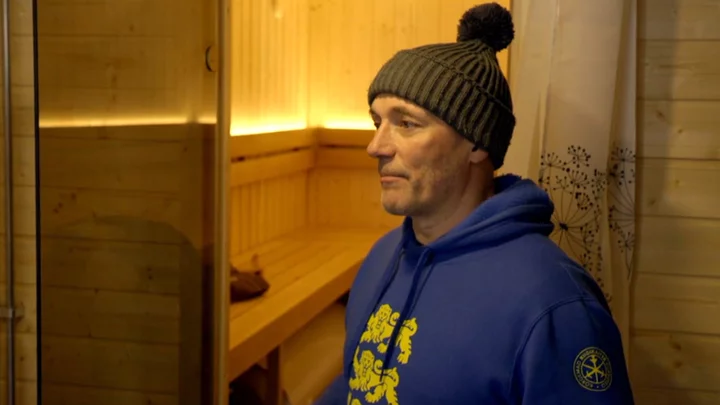
Who's next? The risk of living next door to Putin
The Ukraine war has put Russia's nervous neighbours on high alert, reports Europe editor Katya Adler.
2023-09-12 13:29
